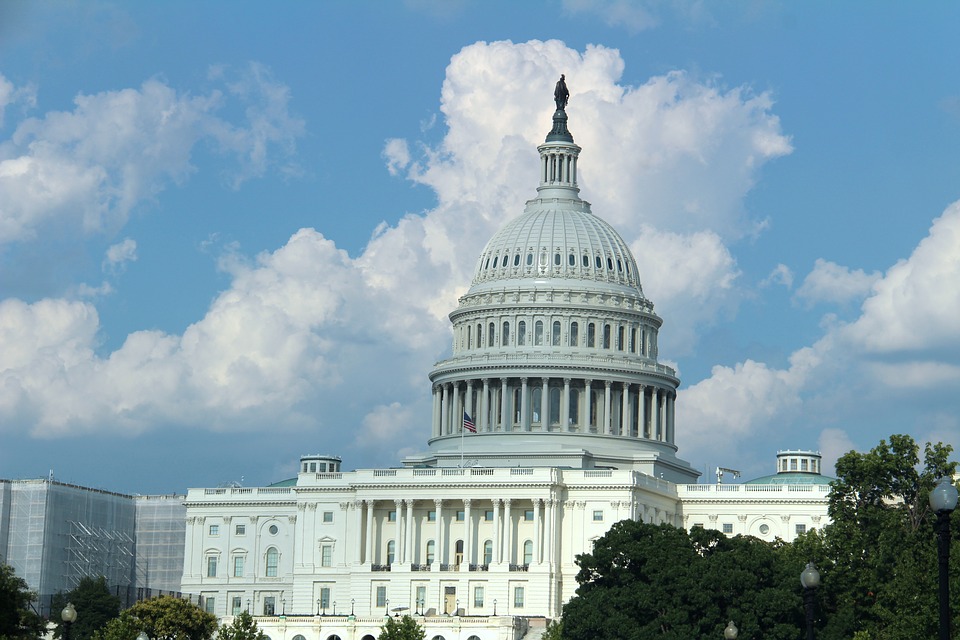A payday loan, which is also known as a “payday advance,” “salary loan,” “payroll loan,” “small dollar loan,” “short-term loan,” “cash advance loan,” or “check advance loans,” is a small, short-term unsecured loan. It’s a type of short-term borrowing where you borrow a small amount at a very high rate of interest. About 12 million Americans use payday loans each year. The typical interest rate of a payday loan is 391 percent APR (annual percentage rate).
To get a payday loan, you should write a post-dated personal check in the amount you wish to borrow plus a fee in exchange for cash. The lender will keep the check and cash it on the agreed upon date, which is usually the borrower’s next payday.
Merchants, who need a low-cost and secure payday loan merchant account, should consider turning to a reputable payment processor and business funding provider like emerchantbroker.com. EMB is voted the nation’s #1 high risk processor and boasts an A+ rating with the BBB. Moreover, EMB has an A rating with Card Payment Options and is named one of Inc. 500’s Fastest Growing Companies of 2016.
The Consumer Financial Protection Bureau (CFPB) can’t keep the regulation of interest rates under its direct control, but proposed preventing borrowers from falling into “debt traps.” The CFPB required lenders offering small, short-term loans to document borrowers’ ability to repay the loans or else limit them from taking out successive loans. Alternatively, lenders could offer longer-term loans that met certain specifications.
The idea of regulating payday lenders is strongly supported by the public. According to payday lenders, such regulation would destroy their industry. Republicans suggested that it could be reversed through the Congressional Review Act, which they had used to cancel over a dozen of the rules issued late in former President Barack Obama’s term.
Congress has just voted to give special protections to payday lenders. According to Diane Standaert, executive vice president at the Center for Responsible Lending, this vote came despite the fact that 73% of likely voters are for protection against the harm of the payday debt trap.


